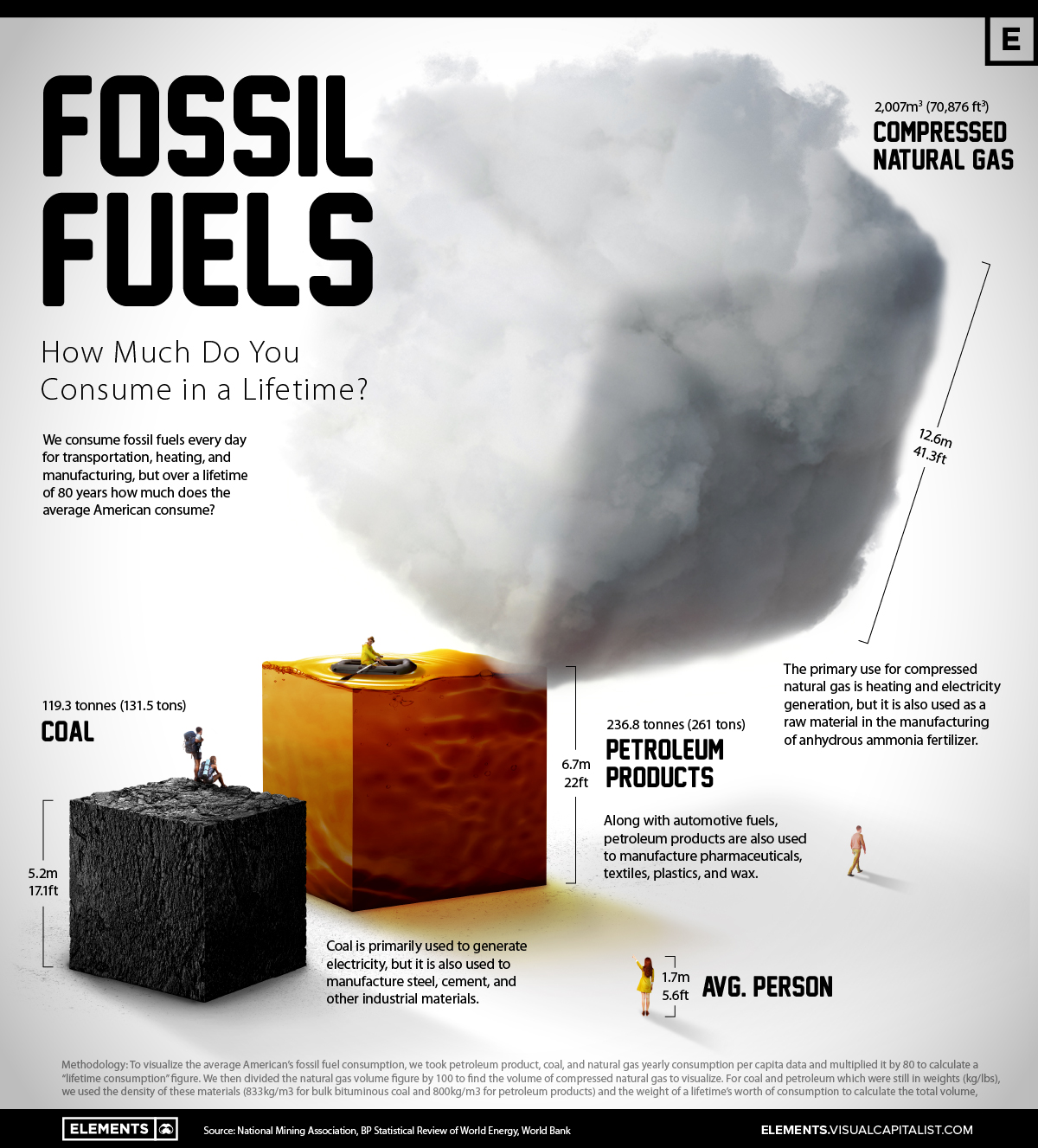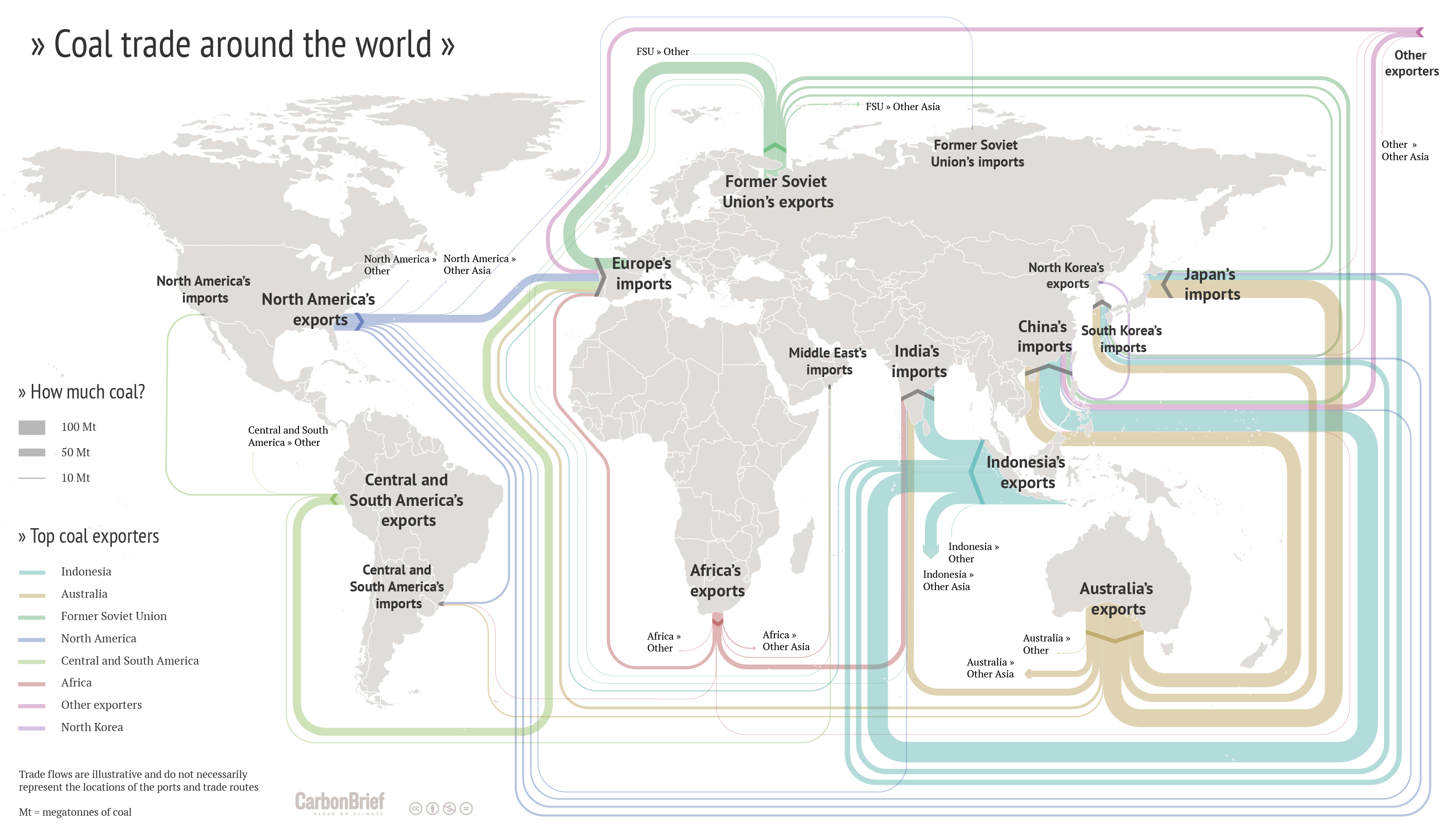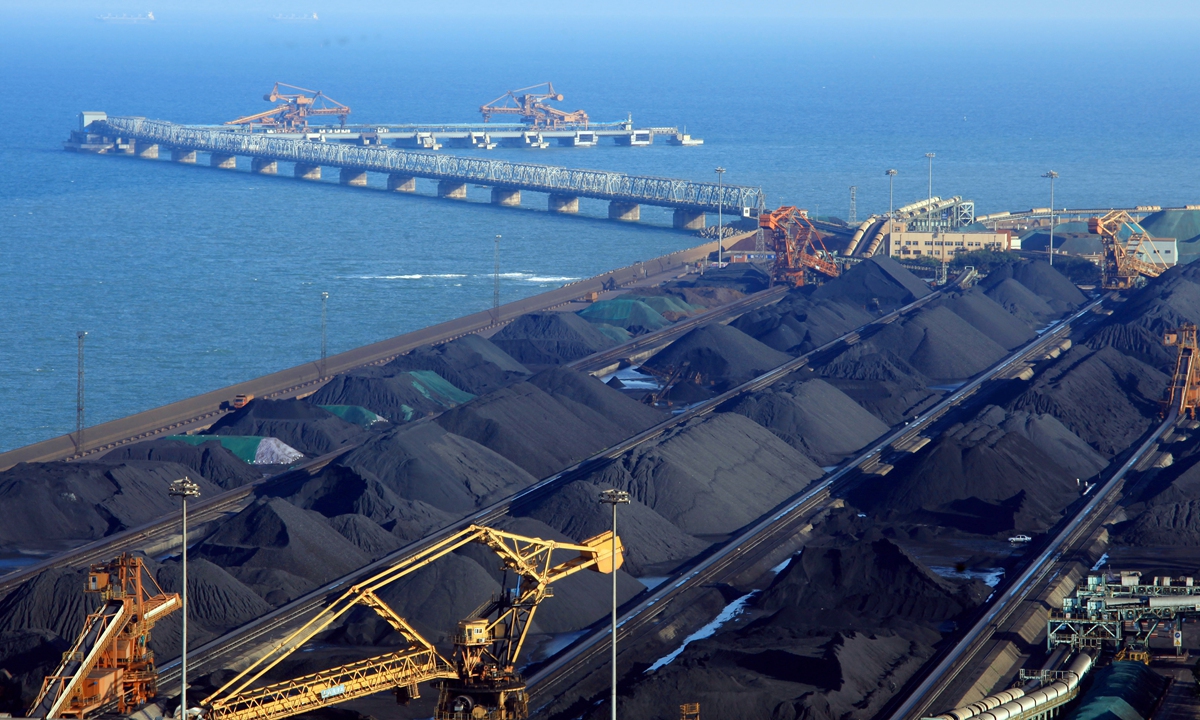Research challenges idea that sending liquefied natural gas around the world is cleaner alternative to burning coal
The large resulting emissions mean there is “no need for LNG as an interim energy source”, the paper says, adding that “ending the use of LNG should be a global priority”.
Exported gas emits far more greenhouse gas emissions than coal, despite fossil-fuel industry claims it is a cleaner alternative,
Fossil fuels
That according to a major new research paper that challenges the controversial yet rapid expansion of gas exports from the US to Europe and Asia.the Guardian reported
Coal is the dirtiest of fossil fuels when combusted for energy, with oil and gas producers for years promoting cleaner-burning gas as a “bridge” fuel and even a “climate solution” amid a glut of new liquefied natural gas (or LNG) terminals, primarily in the US.
Political argument
But the research, which itself has become enmeshed in a political argument in the US, has concluded that LNG is 33% worse in terms of planet-heating emissions over a 20-year period compared with coal.
“The idea that coal is worse for the climate is mistaken – LNG has a larger greenhouse gas footprint than any other fuel,” said Robert Howarth, an environmental scientist at Cornell University and author of the new paper.
Plain wrong

“To think we should be shipping around this gas as a climate solution is just plain wrong. It’s greenwashing from oil and gas companies that has severely underestimated the emissions from this type of energy.”
Third of the total emissions
Drilling, moving, cooling and shipping gas from one country to another uses so much energy that the actual final burning of gas in people’s homes and businesses only accounts for about a third of the total emissions from this process, the research finds.
(IMDG) Code : Advice on Safe Transport of Charcoal Published
https://maritimetickers.com/wp-admin/post.php?post=5788&action=edit
The large resulting emissions mean there is “no need for LNG as an interim energy source”, the paper says, adding that “ending the use of LNG should be a global priority”.

On the other hand Global coal trade in 2024 is projected to see a modest increase of 1.0%. However, this forecast is highly sensitive to developments in China, which is the destination of almost every third tonne of coal traded globally.
In the first six months of 2024, Chinese imports grew by 12% despite healthy stocks, which is remarkable considering that imports in 2023 were 140 Mt higher than the former record.
Chinese imports to remain
Nonetheless, for the remainder of the year, we expect Chinese imports to remain flat as a recovery in hydropower is expected to reduce growth in coal demand and an increase in production is likely once safety inspections in Shanxi have been relaxed, resulting in a small annual growth.
Second largest importer
India, the second largest importer globally, showed a remarkable growth of about 21% in seaborne coal imports during the first four months of 2024
India extended the obligation to blend imported coal in plants designed to use domestic coal until at least October 2024,
Decreasing imports

Japan, Korea and Chinese Taipei recorded decreasing imports in 2023 and are expected to continue to lower their imports slightly during 2024. Conversely, Viet Nam exhibits a remarkable change in coal imports, growing 43% in the first four months of 2024
Thermal coal
Australia, the largest exporter of met coal and second largest exporter of thermal coal, is expected to see modest growth of 1.8% in 2024. In the first five months of 2024
Abundant stocks
In the United States, the decrease in coal demand has outpaced the reduction in coal production in 2023, leaving surplus for more exports.
In 2024, this is expected to switch, owing to abundant stocks in US power plants. Moreover, some coal exports from the United States have been restricted owing to the collapse of Francis Scott Key Bridge in Baltimore in March 2024.




